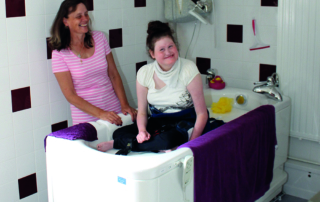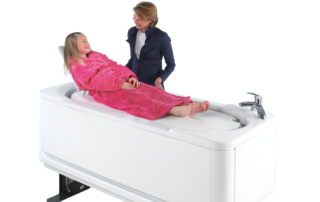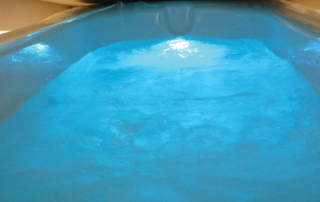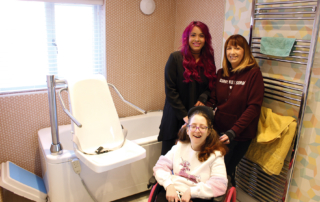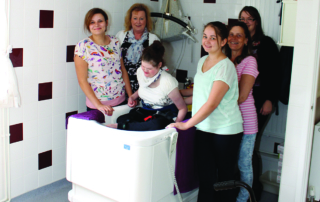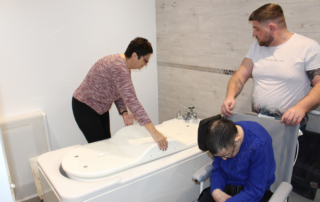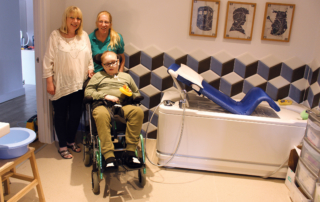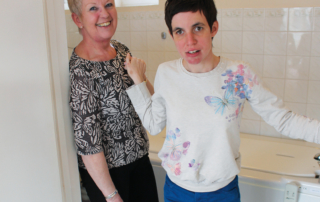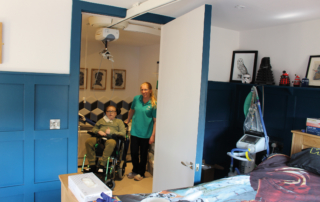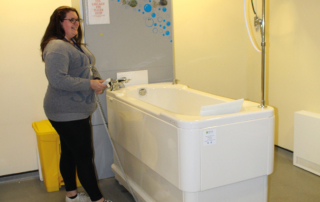Blogs and articles
Sensory Integration and Bathing: Evidence and intervention strategies to help bridge the gap
Bath and Shower time can provide a variety of sensory experiences that can be fun and can help support the bedtime routine. However, for a child/individual with sensory sensitivities, this activity can be emotional and anxiety provoking.
Bathing and Carer Posture
Stuart Brown, Occupational Therapist & Moving and Handling Trainer, examines manual handling risks associated with supporting the full task of bathing; the legal requirements; and supportive interventions.
Recommending bathing for pain relief – understanding the evidence
Rheumatoid Arthritis Awareness week on 13–18th September seems like the perfect time to have the discussion about the use of bathing to reduce joint pain.
Effectiveness of ensuring the right adaptation
For many, home is central to our identities and occupational wellbeing.
Occupational Justice – choice and dignity
As occupational therapists we believe individuals have occupational rights and that everyone has the right to engage in meaningful occupations that contribute positively to their own well-being.
Carers and Bathing: Care for the carers too
Carers support individuals with many activities but bathing can be one of the most complex daily living activities to support, both physically and emotionally. So why is it important to find solutions and what could these be?
Bathing and Mental Health: exploring the occupational possibilities
Mental health is a state of well-being in which an individual realises his or her own abilities, can cope with the normal stresses of life, can work productively and is able to contribute to his or her community.
Neurological conditions and bathing
April hosts both MS Awareness Week and World Parkinson’s Day. This provides an opportunity to raise awareness and highlight the realities of living with a neurological condition.
Bathing and sleep – joining the dots
The routine itself is obviously important as it provides comfort, safety and an antecedent or precursor to bed and ultimately sleep. The bath does however provide other, more physiological support to sleep and it’s this information that is important to know as it can help to justify bathing recommendations based on the evidence through robust clinical reasoning.
Epilepsy is more than seizures: Epilepsy and bathing
International epilepsy day occurs every year on the second Monday of February. It is an opportunity to promote awareness of epilepsy in more than 130 countries and provides an opportunity to enhance the understanding of epilepsy and encourage discussion around the need for better understanding of the condition and how it can be better managed.


